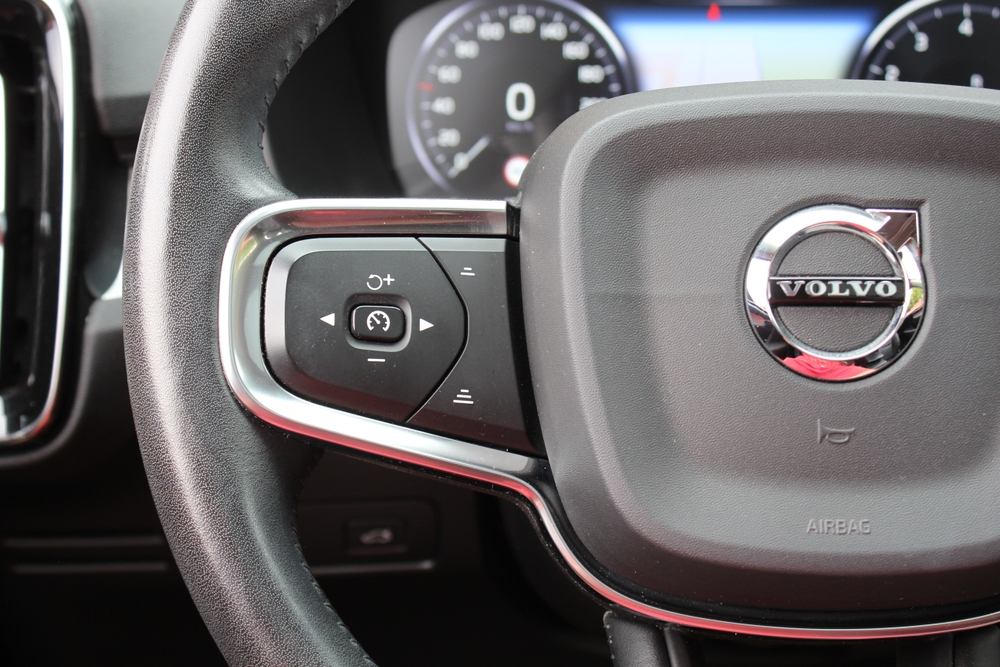This change comes in the same week Volkswagen announced plans to close factories in Germany.
Others are reading now
Swedish automaker Volvo, part of the Chinese Geely Group, has revised its ambitious goal of selling only fully electric cars by the end of the decade.
Changes Earlier Commitment
Instead, the company now aims for 90% to 100% of its global sales by 2030 to consist of electrified vehicles, which include both fully electric and plug-in hybrid models, according to El Economista.
This change comes in the same week Volkswagen announced plans to close factories in Germany due to challenges linked to a slowdown in electric vehicle demand.
In a recent statement, Volvo clarified that the remaining 10% of its sales might come from a limited number of mild hybrid models if necessary.
Also read
This marks a shift from the company’s earlier commitment to a fully electric lineup by 2030, making Volvo the latest automaker to scale back its electric vehicle (EV) ambitions in response to declining demand.
Five Fully Electric Models
Volvo also expects that 50% to 60% of its vehicle sales will be electrified by 2030. The company emphasizes that it will continue to develop a full range of fully electric vehicles, preparing to transition to an all-electric lineup when market conditions are more favorable.
This strategic adjustment aims to strengthen Volvo’s position in the evolving automotive market. In the second quarter of 2024, fully electric vehicles accounted for 26% of Volvo’s sales, while electrified vehicles, including plug-in hybrids, made up 46%.
Volvo currently offers five fully electric models, including the EX40, EC40, EX30, EM90, and EX90, with five more in development.
In parallel with these changes, Volvo is also revising its CO2 reduction targets. By 2030, the company aims to cut CO2 emissions per car by 65% to 75% from 2018 levels, adjusting its previous target of a 75% reduction. By 2025, Volvo now targets a 30% to 35% reduction, down from the earlier goal of 40%.


